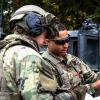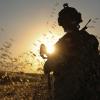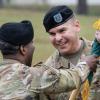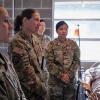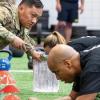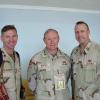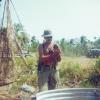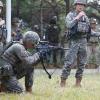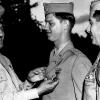Most people assume followership to be the act of following a leader’s orders. Though followership requires a commitment to achieving organizational goals by following a leader’s instructions, it is not about mindlessly conforming to the influence of whoever is in charge. Instead, followership is the art of adapting and applying the values and principles of the organization while responding to a leader’s influence.
Discussing followership is relevant to leadership. Recognizing effective followers and cultivating followership is as vital to the U.S. Army’s success as leader development...


